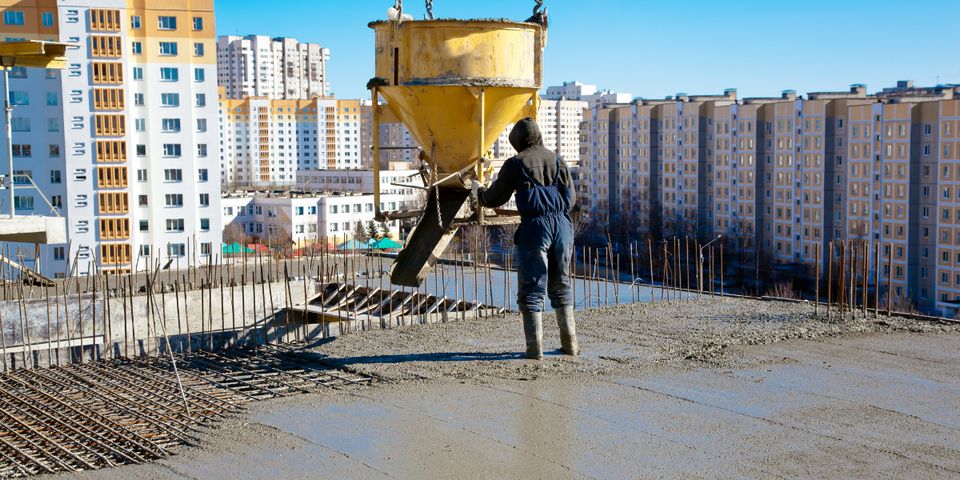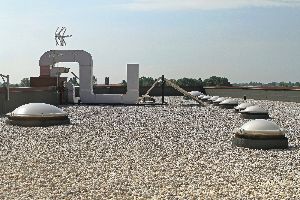
As you work with a contractor to begin your commercial building development, there are many factors to consider, from the foundation to the roof. One essential part of the structure you should never overlook is the roof deck insulation. Here's a closer look at how this protective feature can benefit the entire building.
Why Is Roof Deck Insulation Important?
When the sun beats down on the building, a lack of insulation will allow the ultraviolet (UV) rays to be absorbed by the roof and down into the building, making the upper stories of the building much hotter. As a result, the HVAC system will have to cycle on and off more frequently to remove the additional heat, leading to premature wear of the system and higher utility bills.
It also becomes difficult to maintain an even temperature throughout the building since the top floors are more susceptible to this heat gain. Proper roof deck insulation will keep that heat out, so the building is naturally cooler with even temperatures throughout.

On a poorly insulated roof, some of that heat absorbed rises back into the roof itself. The combination of heat radiating up from below and the direct UV ray contact will create excess humidity and condensation that can rot the structure and contribute to mold growth. Insulation prevents the space from becoming too humid, protecting your building from potential moisture damage and maximizing your roof's life span.
Most insulation is fire rated, meaning that it can reduce the spread of flames if a fire occurs in the building. The material is also known for minimizing noise pollution, which can be especially useful if the building is located in a high-traffic area.
How Does Lightweight Insulating Concrete Work?
Lightweight insulating concrete (LWIC) is a mixture of Portland cement, water, and foam with circular cutouts. The foam varies in thickness from 1 to 16 inches, and the holes in it allow the concrete to flow through the foam pieces and bind them together. The result is extremely lightweight insulation with a high compressive strength.
It is also known for having a high-wind uplift resistance, as the concrete slurry bonds the roof to the roof deck. It is best for buildings with low-sloped roofs. The insulation lasts a long time, so when re-roofing, you can simply add a new membrane without having to replace it.
If you're interested in roof deck insulation for your commercial building, turn to Pro-Crete Systems of Florida. This contractor installs lightweight insulating concrete to structures throughout Largo and the surrounding areas. They've been using high-quality products and professional techniques to add LWIC roof decks to buildings for over 25 years. Call (727) 526-8090 to discuss your project and request an estimate.
About the Business
Have a question? Ask the experts!
Send your question

